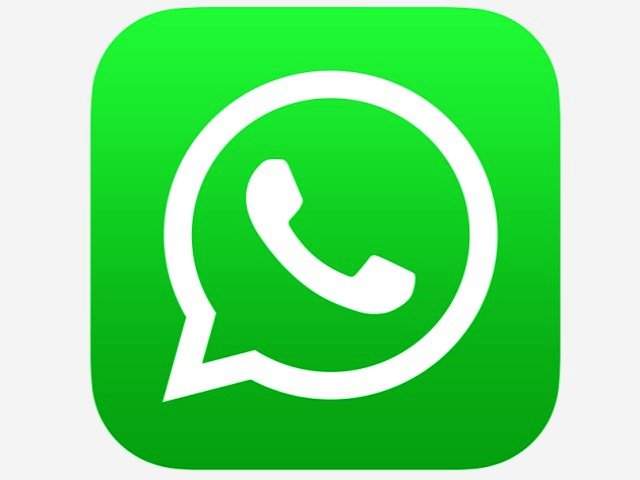WhatsApp is set to make subscriptions free and remove ads
By Robin-Leigh Chetty 19 January 2016 | Categories: news
A few years ago WhatsApp introduced a subscription-based version of its messaging platform for the annual price of $0.99. While that's a relatively small outlay for such a popular app, the company has admitted that it has not proved successful. "As we've grown, we've found that this approach hasn't worked well," noted a WhatsApp blog post.
One of the major reasons for the change is the fact that the vast majority of WhatsApp users do not have a debit or credit card, according to the company. "Many WhatsApp users don't have a debit or credit card number and they worried they'd lose access to their friends and family after their first year. So over the next several weeks, we'll remove fees from the different versions of our app and WhatsApp will no longer charge you for our service," the blog post eluded.
Along with the removal of subscriptions, WhatsApp also clarified the situation regarding ads on the platform, stating that it will remain ad-free for the foreseeable future. "Naturally, people might wonder how we plan to keep WhatsApp running without subscription fees and if today's announcement means we're introducing third-party ads. The answer is no," says WhatsApp.
It does however raise an interesting question. If the company is not receiving money from subscriptions fees or advertisements, how will they be generating an income? The answer could be businesses and organisations that sign up for the service, as WhatsApp could charge them for use of the platform to engage with current or potential customers. Either way, 2016 should prove an interesting time for the messaging service.
Most Read Articles

Have Your Say
What new tech or developments are you most anticipating this year?



